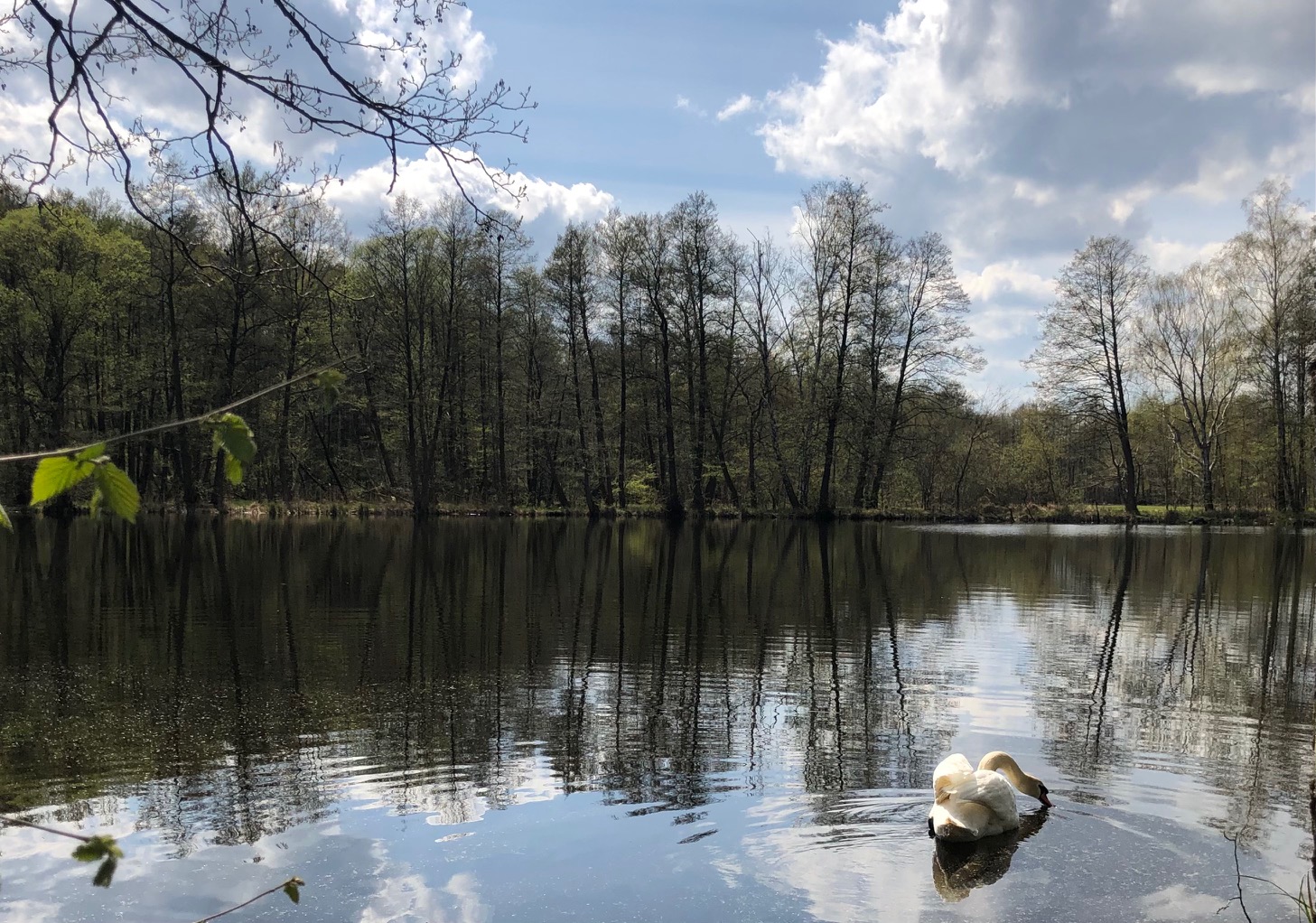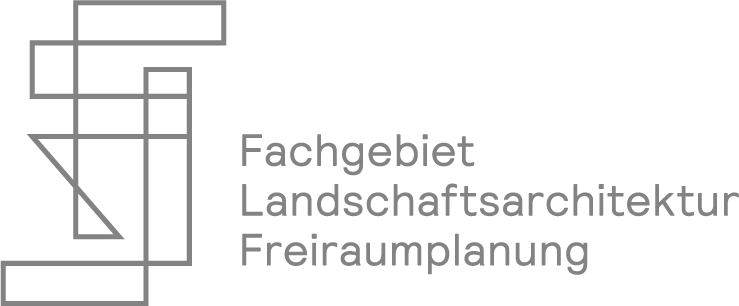MICROARTICLE #Air & Temperature
Heat island effect of cities
By: Editorial Team
MICROARTICLE Air & Temperature
Wissensstadt Berlin 2021
Published on June 26, 2021
Berlin like any other big city, consists of buildings that act as thermal masses that store and then emit large quantities of heat. [1] Besides buildings, paved asphalt streets not only store and emit heat but also disrupts natural water absorption and evaporation processes of the soil that usually cool down the cities. Both these elements influence micro-climates of neighbourhoods, and can lead to significant localized fluctuations in temperatures. This simple phenomenon causes a heat island effect which not only makes our commutes to school or work hotter, but also has a direct impact on our brains and productivity levels. [2]
And beyond humans, the heat island effect in cities also affects non-human inhabitants. Many species find little to no refuge from the glaring sun, leading to exhaustion, dehydration, and starvation. [3] Plants confuse seasons and pollination processes are disrupted as the hotter environments of the city creates an early artificial spring effect for plants. [4]
How then can we strategize to preserve existing cooling elements of the city but also plan for new cooling infrastructures that provide shades for all human and non-human urban actors alike? How can we ensure that as an ever-growing percentage of the world's populations migrate to urban centers by 2050 [5], that urban spaces will remain healthy and liveable.
[1] https://www.planradar.com/urban-heat-island/
[2] https://www.forbes.com/sites/ucenergy/2018/08/29/heat-makes-people-less-productive-spelling-trouble-for-the-economy-and-future/?sh=53173e097bb1
[3] https://earth.org/can-animals-survive-heat-stress/
[4] https://www.researchgate.net/publication/342904939_Urbanization_drives_an_early_spring_for_plants_but_not_for_pollinators
[5] https://ourworldindata.org/urbanization
BB2040
[EN] Berlin Brandenburg 2040 was initiated by the Habitat Unit in cooperation with Projekte International and provides an open stage and platform for multiple contributions of departments and students of the Technical University Berlin and beyond. The project is funded by the Robert Bosch Foundation.
[DE] Berlin Brandenburg 2040 wurde initiiert von der Habitat Unit in Kooperation mit Projekte International und bietet eine offene Plattform für Beiträge von Fachgebieten und Studierenden der Technischen Universität Berlin und darüberhinaus. Das Projekt wird von der Robert Bosch Stiftung gefördert.









